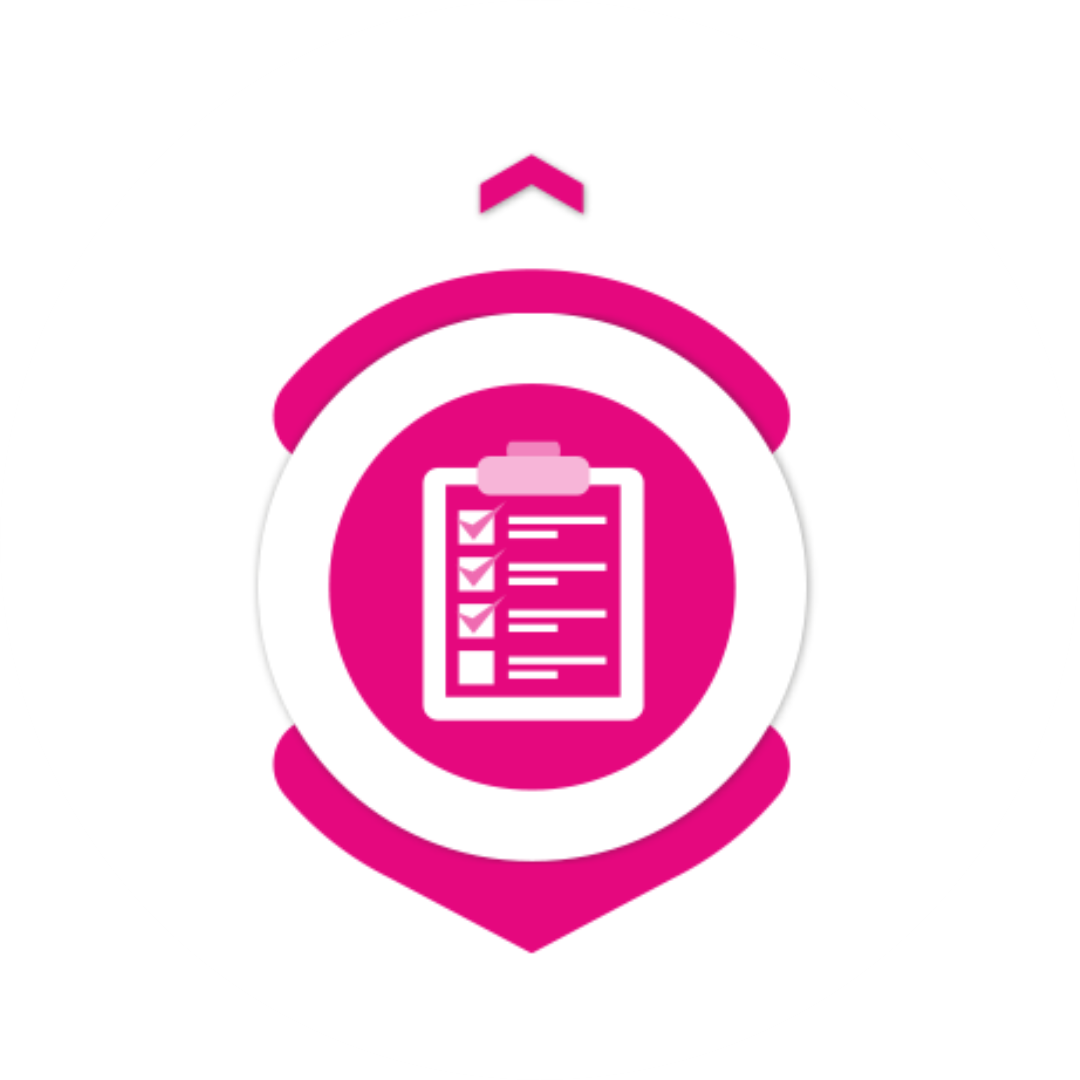2. Making plans
Step 2: Making plans

Once you have clarified expectations, it’s time to start thinking about how you want to go about learning during the study unit in question. Consider what previously acquired evidence can be used, such as assignments, studies, certificates, or experiences. Think about what activities you will undertake that are relevant for your learning outcomes, and where and with whom you will do that.
All these plans are documented in a learning plan. Learning is something you do together with fellow students, lecturers, and experts in the field of work. You consult with them about your dynamic learning plan.
What if I don't immediately have ideas about how I will learn?
Lecturers, fellow students, and experts in the working field can brainstorm with you, inspire you, and give you confidence that your learning plan fits the study unit with learning outcomes.
- Where am I now in relation to the learning outcomes? What can I do or am I already doing? For example, do I already have a testimonial or certificate?
- How will I learn?
- Where will I learn (within and outside my study programme)?
- Who do I need for this and with whom will I work?
- What can I expect from experts in the field of work, lecturers, and fellow students, and what can they expect from me?
- At what times does it make sense to get feedback or engage in feedback dialogue?
- How do I summarise this in a dynamic learning plan?
- Does what I intend to undertake help demonstrate the learning outcomes of this study unit?
